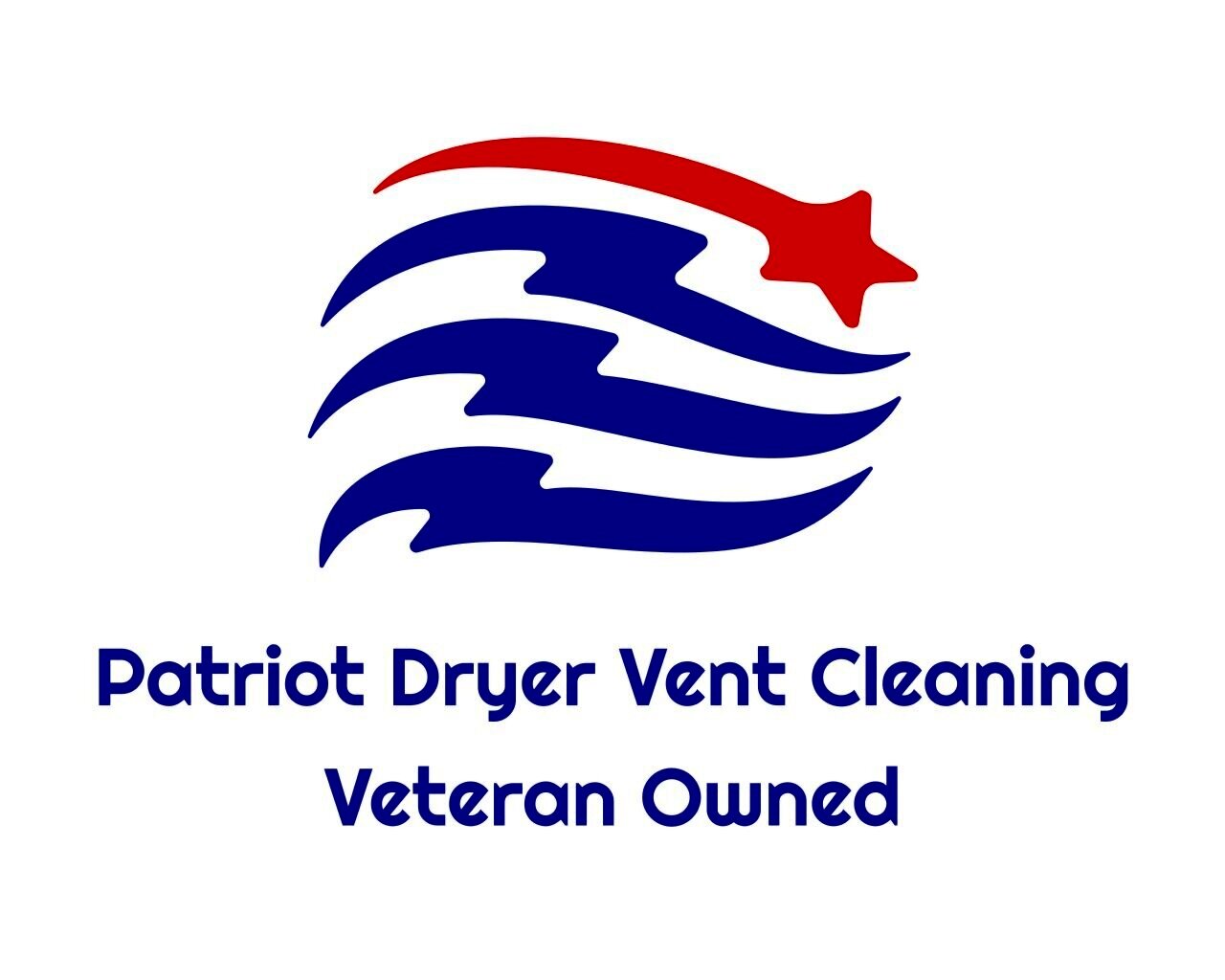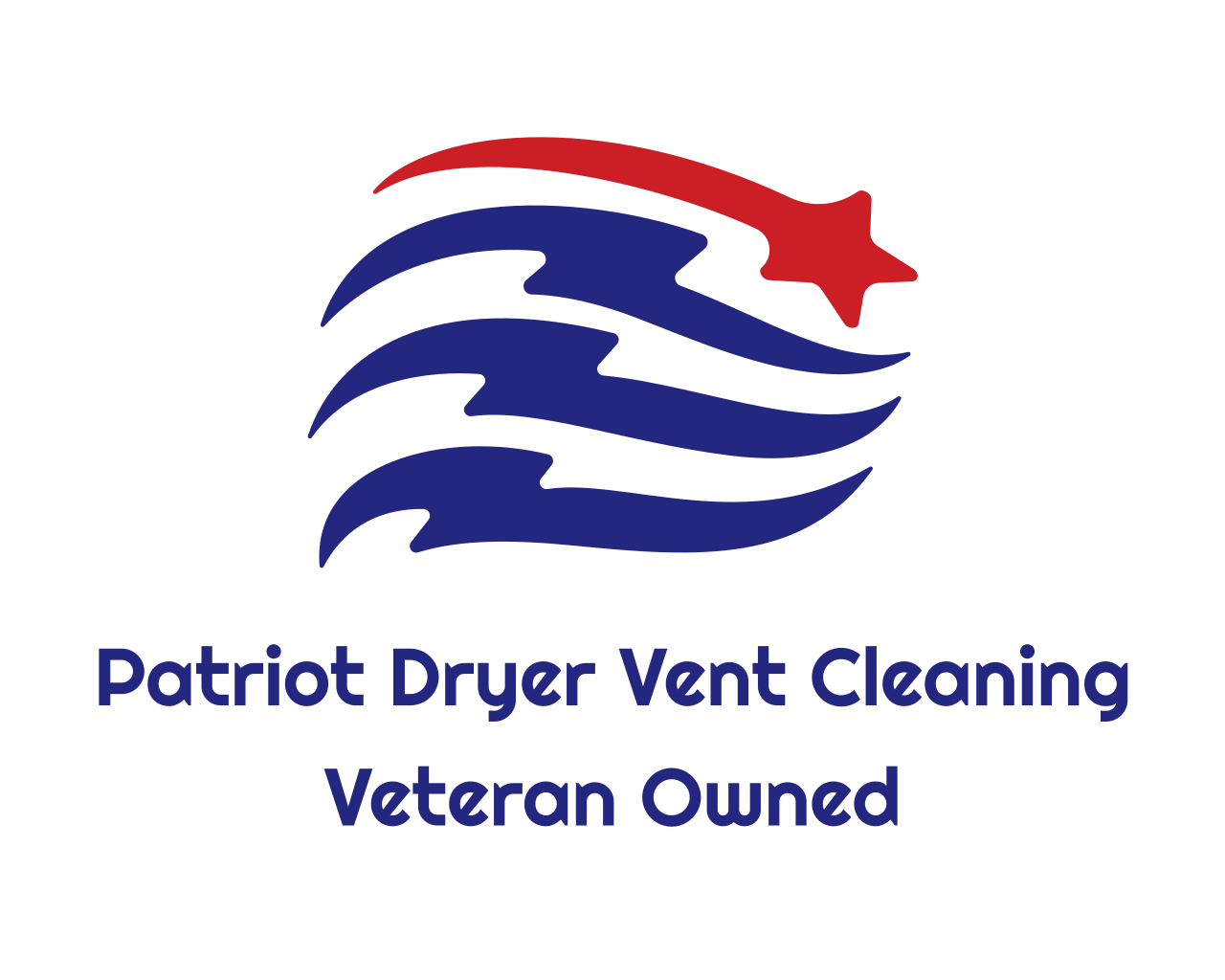7 Most Important Chimney Fire Prevention Tips
Chimney fires are a serious risk, especially as temperatures drop and fireplaces get back to regular use. If left unchecked, they can cause severe property damage, putting lives and homes at risk. The good news is that most chimney fires are preventable with routine maintenance, safety precautions, and responsible use. In this post, we’ll cover seven essential chimney fire prevention tips to help keep your home safe.
7 Most Important Chimney Fire Prevention Tips
1. Schedule Regular Chimney Cleaning
One of the best ways to prevent chimney fires is by scheduling regular chimney cleaning. Chimneys accumulate creosote, a highly flammable substance, when wood is burned. Over time, this residue builds up, creating a significant fire risk. The National Fire Protection Association (NFPA) recommends getting your chimney cleaned at least once a year. Not only will chimney cleaning remove creosote, but it also allows a chimney sweep to spot any other issues that might pose a risk. Professional chimney sweep services will also use specialized tools and techniques that keep your chimney in top condition.
2. Install a Chimney Cap
A chimney cap is a metal covering that sits on top of your chimney, acting as a shield against unwanted elements like rain, snow, debris, and animals. When debris or birds' nests fall into the chimney, they can block airflow and increase the risk of a fire. Installing a chimney cap can prevent these hazards and improve ventilation, reducing creosote buildup and allowing smoke and gases to exit your home more efficiently. Chimney cleaning and inspection will ensure the cap is secure and in good condition for maximum fire prevention.
3. Use the Right Firewood
The type of wood you burn plays a crucial role in chimney fire prevention. Softwoods like pine and spruce burn quickly and produce more creosote. Hardwood varieties, such as oak, maple, and hickory, are denser, producing more heat while minimizing creosote buildup. Regardless of wood type, make sure it’s seasoned properly. Wood that’s been dried for at least 6-12 months has lower moisture content, resulting in less smoke, which means less creosote. Properly seasoned hardwood will also extend the time between chimney cleaning needs. If you’re unsure about your wood type or drying process, consult your local chimney sweep service to help guide you in making safe firewood choices.
4. Avoid Overloading the Fireplace
It can be tempting to pack the fireplace with logs on cold nights, but overloading it can actually increase the risk of a chimney fire. When the fire gets too hot, it produces excess smoke and sparks, contributing to creosote buildup and potential chimney fires. Stick to a manageable fire size by adding one or two logs at a time, and don’t burn anything other than wood. Avoid paper, cardboard, or any other material that could release dangerous embers and cause a blockage.
5. Schedule Regular Inspections
Annual inspections by a certified chimney sweep are just as essential as regular chimney cleaning. An inspection checks for cracks, gaps, or other structural issues in the chimney that could allow heat to escape and ignite surrounding materials. It also includes checking for creosote buildup and ensuring that vents and caps are in proper working order.
6. Clean Out the Ashes Regularly
Many homeowners let ashes accumulate at the bottom of the fireplace, but too much ash can restrict airflow and create an environment where fires can overheat. Regularly clean out ashes after every few fires, making sure to allow them to cool completely before disposal. A thin layer of ash can actually help insulate new fires, but too much can cause drafts that lead to inefficient burning and creosote buildup.
7. Be Prepared with a Chimney Fire Plan
Sometimes, despite the best precautions, accidents happen. Having a plan in place in case of a chimney fire can make all the difference. Familiarize yourself with signs of a chimney fire, like loud cracking or popping sounds, dense smoke, or intense, unusual smells. Make sure everyone in your household knows how to respond, including evacuating the house if necessary and calling the fire department immediately.
Keep a fire extinguisher nearby and make sure all smoke detectors in your home are functioning. While these measures won’t prevent a fire, they can mitigate the damage and protect your family.
Hiring a Professional Chimney Sweep Company
Invest in professional chimney cleaning services like Patriot Dryer Vent & Chimney Sweep. With the right preventive measures, you’ll have peace of mind knowing that your chimney is not only clean but also prepared to provide warmth safely throughout the season. Don’t wait until it’s too late—schedule a chimney sweep today and enjoy the comfort of your fireplace with peace of mind.






